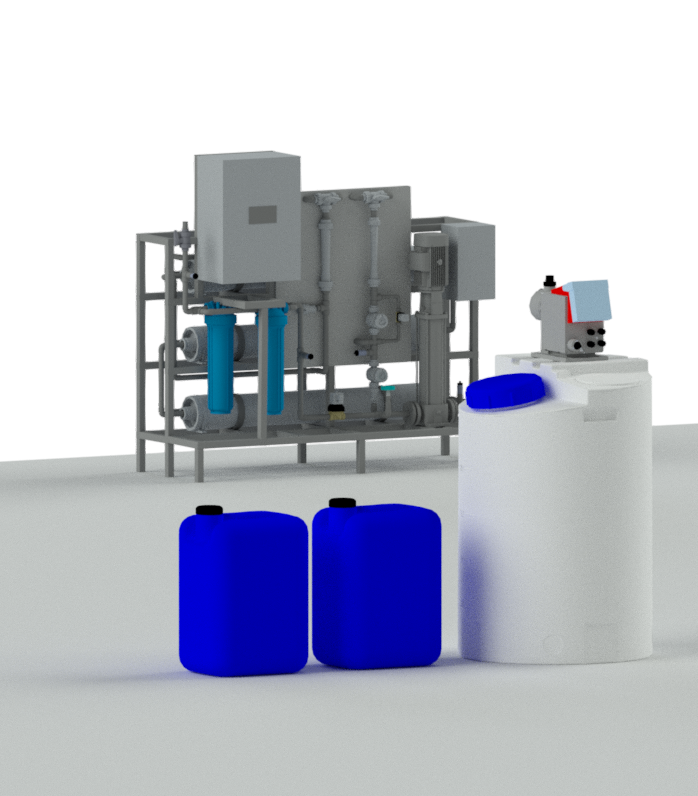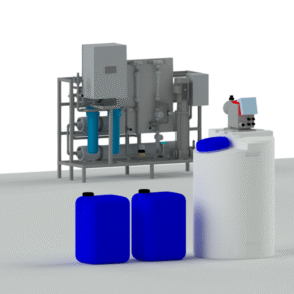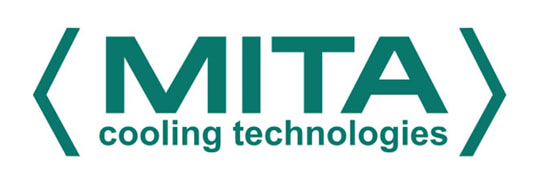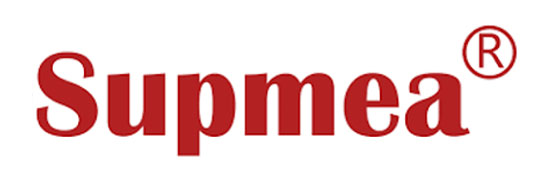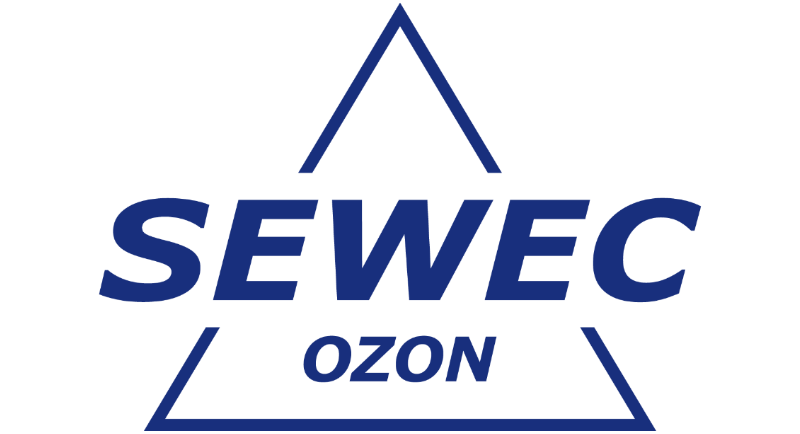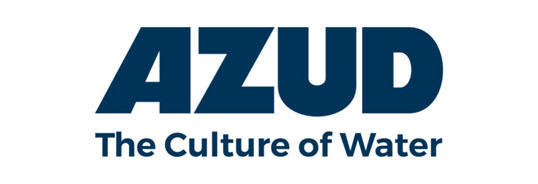Description
The basic method of limiting the scaling process is softening the water. Removing the calcium and magnesium salts prevents the precipitation of calcium carbonate, sulfate or phospate, but this process might be costly in the case of high efficiency devices. Additionally, ionite softening results in releasing additional loads of chlorides to the environment.
The softening process does not prevent the precipitation of substances other than those listed. For this reason, the optimal strategy of preserving membranes and reducing exploitation costs is the use of antiscalants. Antiscalants are specialized preparations preventing the precipitation of chemical residue, usually used in small doses (about 10-20ppm). They are usually picked based on detailed analysis of the water.
MCC offers both the selection and supply of antiscalants, as well as specialized dosing technologies.

